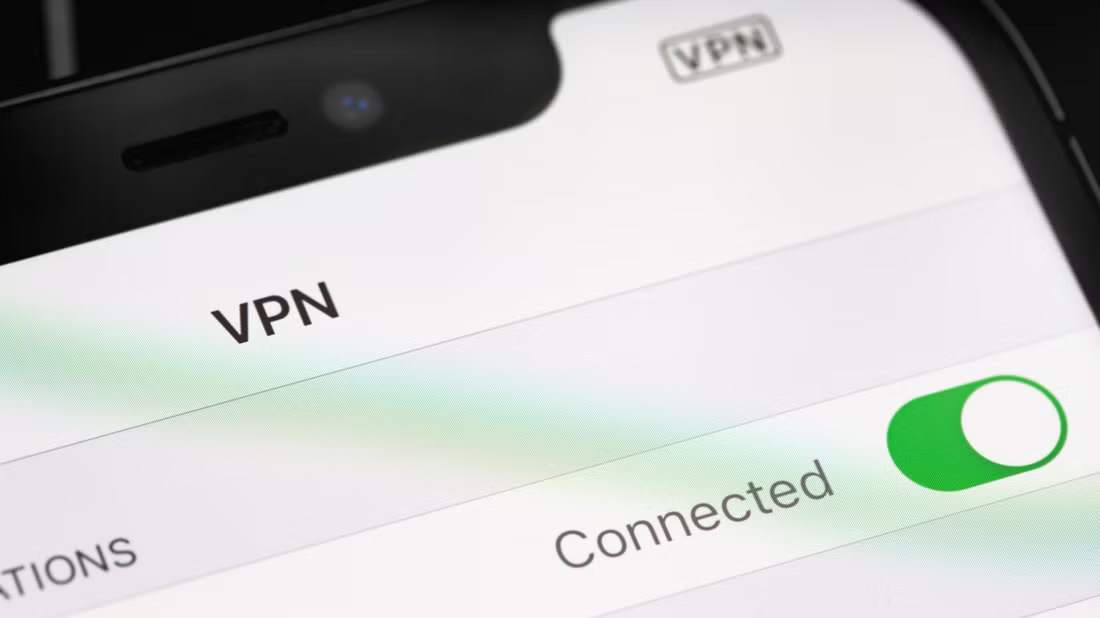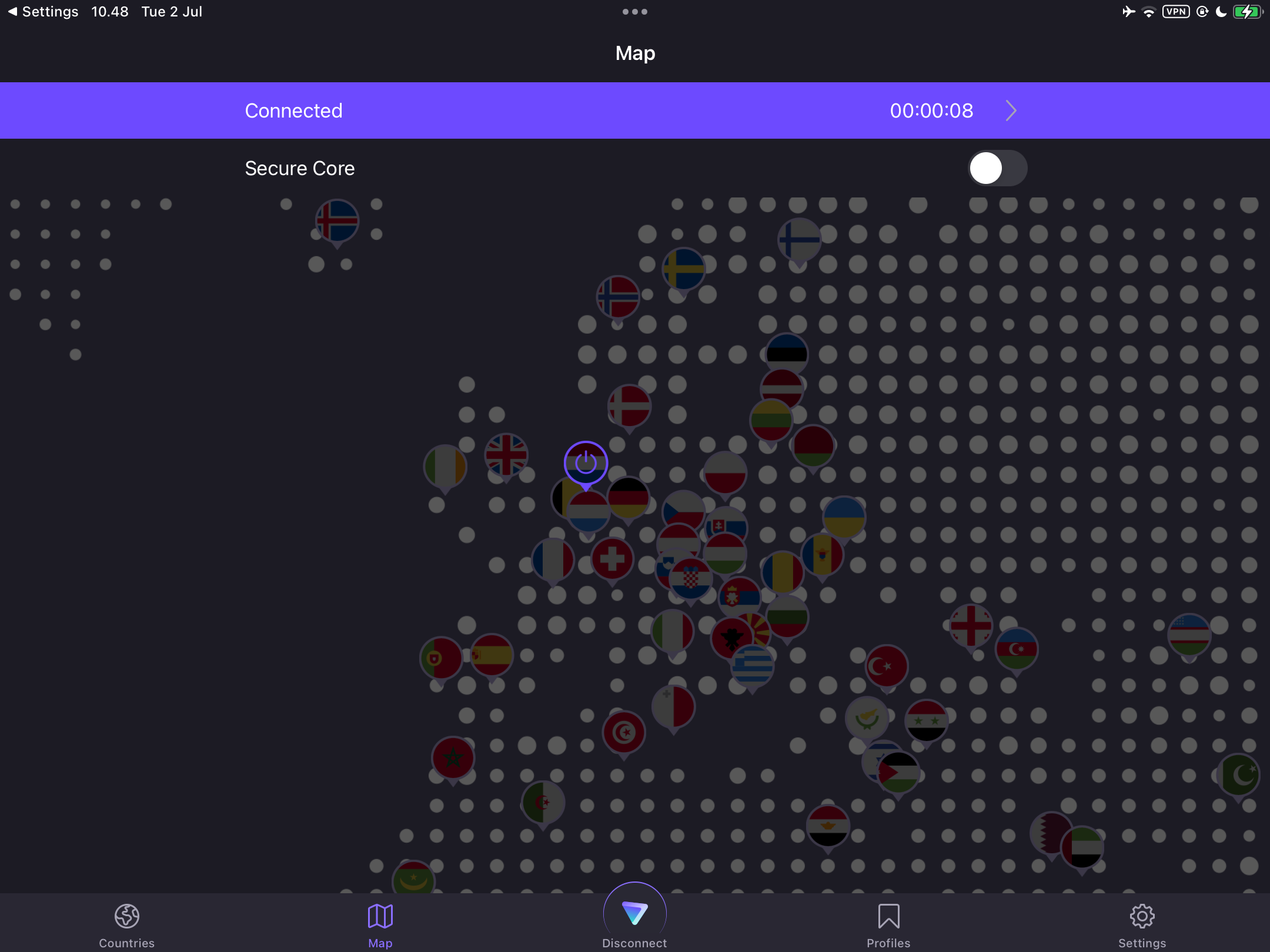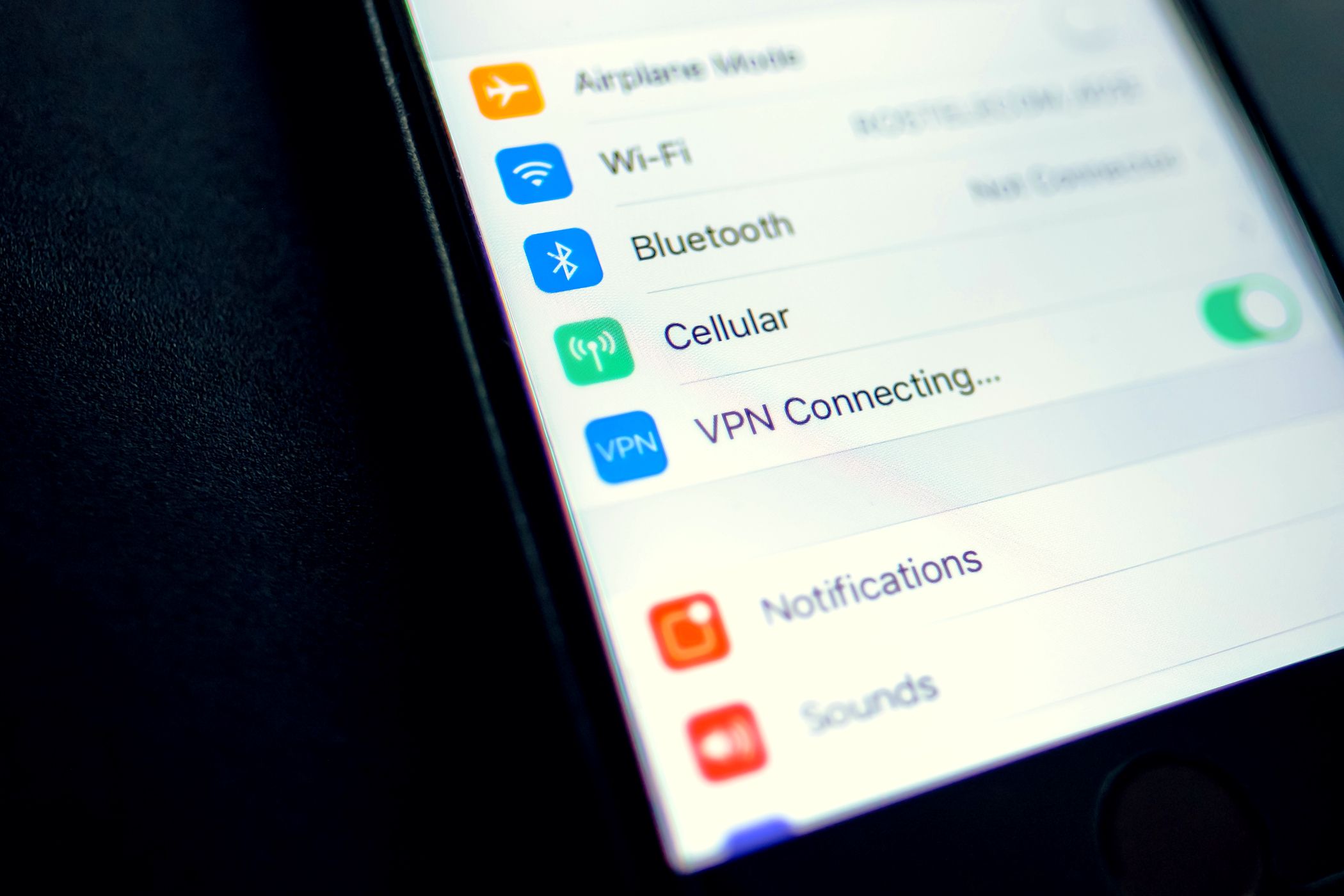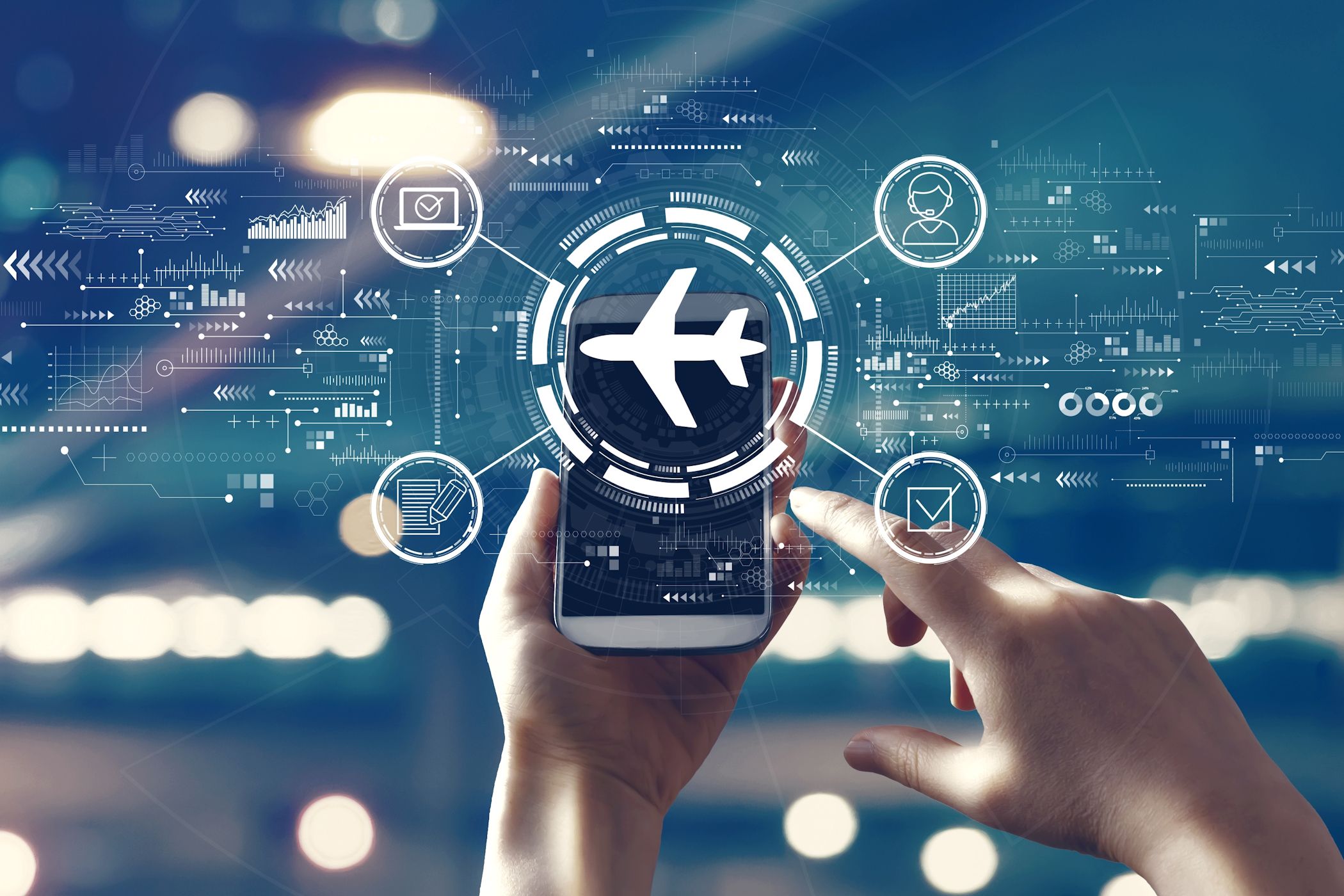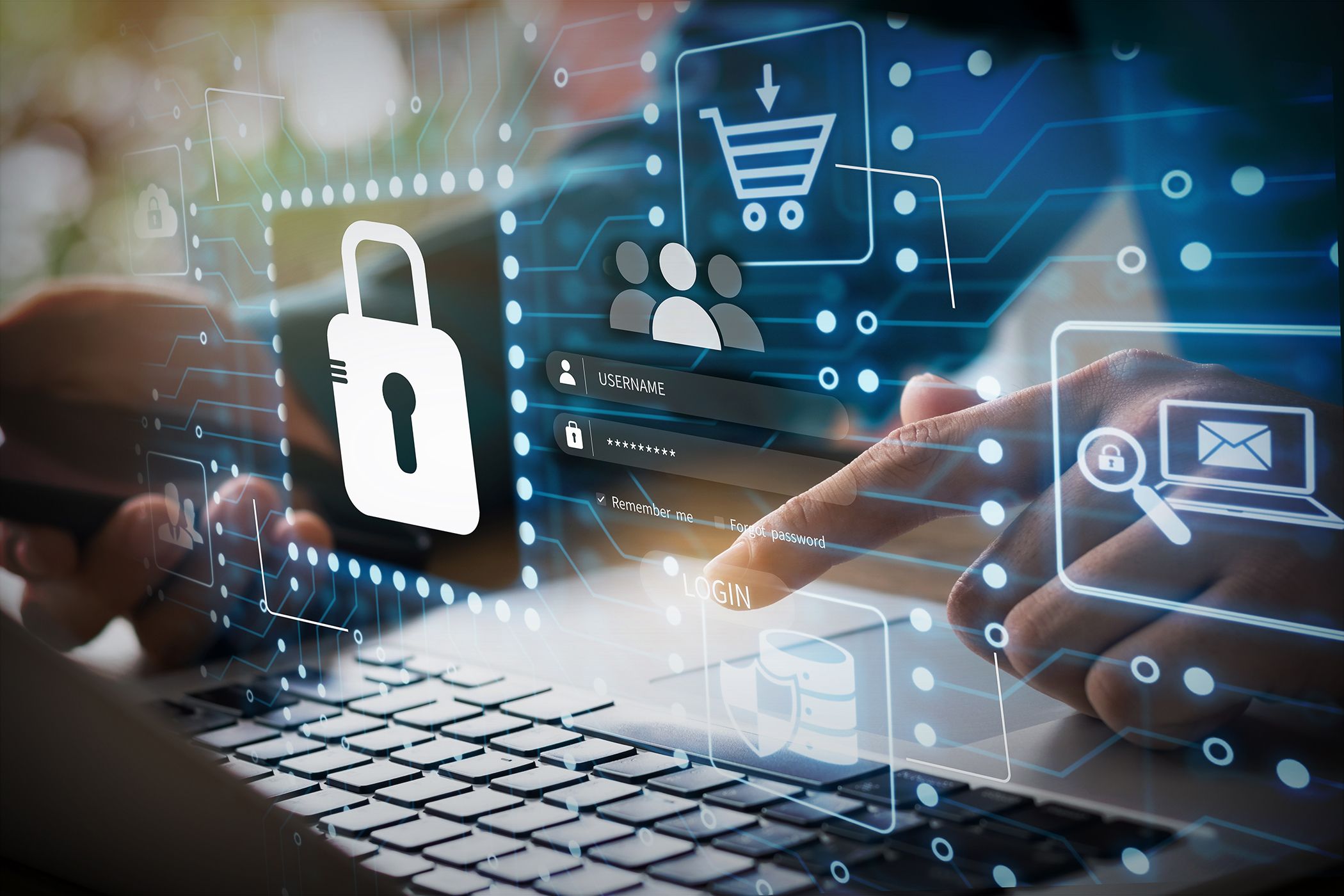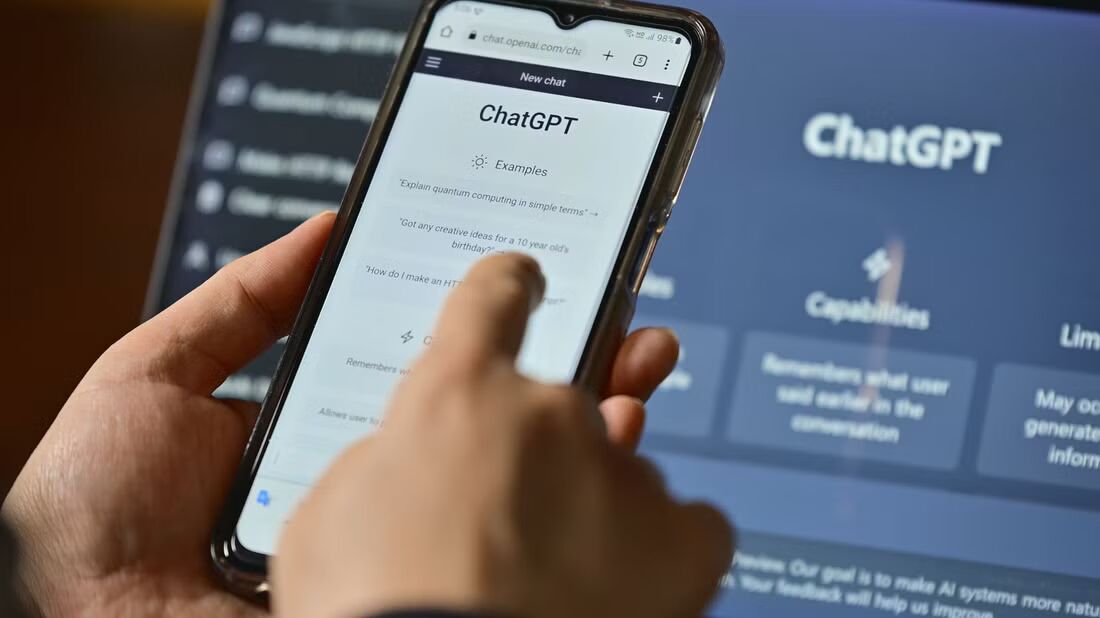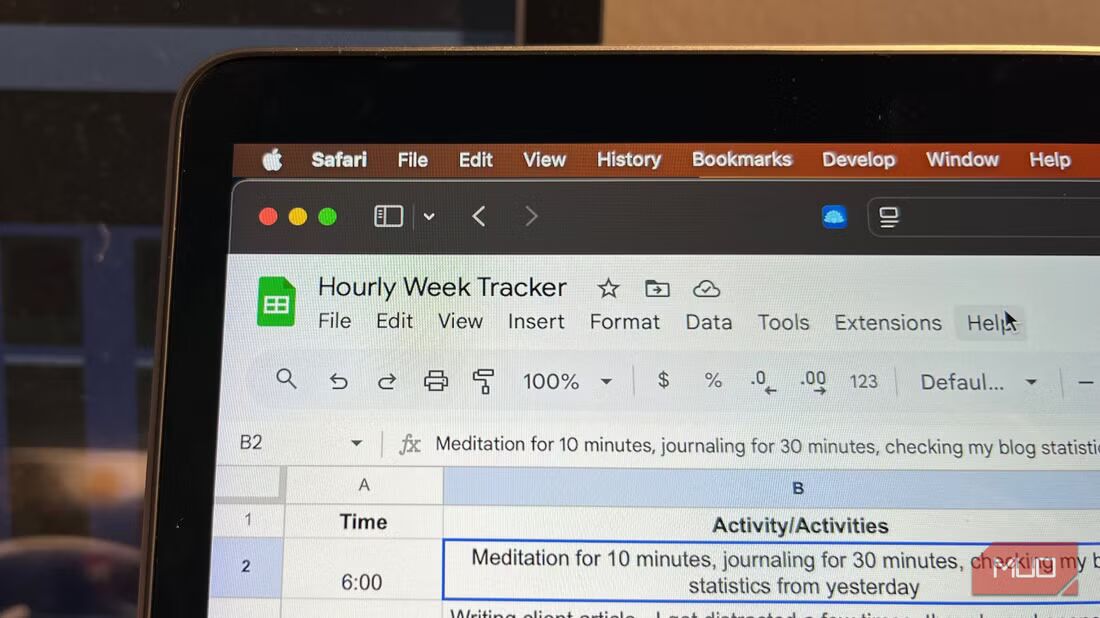Key Takeaways
- VPNs help mask IP addresses and provide better anonymity than regular internet connections.
- You can access content in different regions, hide your IP address, and potentially get better deals using VPNs.
- VPNs offer better protection on public Wi-Fi and protection against security breaches.
VPNs are very popular, but before signing up for one, you need to understand its benefits. Doing so will make finding the right choice for your needs easier—so here’s what a VPN actually is and why you need one in your life.
What Is a VPN?
VPNs (virtual private networks) help you mask your IP address. You normally use them to keep your online identity private or access content in other regions.
When you use a VPN, your regular internet traffic is routed through the VPN provider’s servers using an encrypted data tunnel, which protects your data from end-to-end. As a result, you may enjoy better anonymity than when you use an ordinary internet connection.
You will find some VPNs that don’t require you to sign up or register, but most of the time, you’ll create an account and pay a subscription fee to use them. You should note that there’s definitely a difference between good and bad VPNs, with the best VPNs offering strong encryption, fast connections, no data logging, and a good range of VPN servers.
The Benefits of Using a VPN
While you can try alternatives if you can’t use a VPN, I strongly suggest signing up for a VPN subscription. Here are my top reasons why.
1. Access Content and (Sometimes) Apps in Other Regions
One of the primary reasons why I first signed up for a VPN was to access content in other regions. I grew up in the UK but no longer live there, and I wanted to enjoy watching Match of the Day on my Sunday mornings; this was only possible with a VPN.
Since I’m based outside the US but mainly write for US audiences, a VPN allows me to verify important information—such as product pricing in other regions. You can also use VPNs to stream Netflix TV shows and movies from other parts of the world.
In some cases, apps can be accessed from other countries. However, VPNs are quite inconsistent in this regard.
2. Hide Your IP Address
While you shouldn’t fall for the fearmongering often used in VPN sales tactics, hiding your IP address can still be a good idea. Cybercriminals may use your IP address to identify possible network vulnerabilities; VPNs aren’t a one-size-fits-all solution, but they do go a long way in offering basic protection.
Hiding your IP address can also stop others from knowing your location. Third-party ad trackers might not be able to identify you, which might help you stop seeing overly personal ads online. However, you’re not invisible. If you sign into an account, that service can still see that it’s you. If you log into your banking, your bank can see your activities, and so on.
3. Potentially Get Better Deals
Depending on where you live, you might pay more for certain services than in other countries. For example, Spotify and YouTube Premium’s pricing is typically more expensive in countries like the US, Norway, and Switzerland than elsewhere.
Booking flights is also more expensive in some regions for several reasons, such as sales tax percentages. With a VPN, you can potentially find cheaper flight deals.
While you might see less expensive offerings when using a VPN, whether you can check out is a different story. For example, I’ve had my payment blocked when trying to pay for flights while changing my VPN to somewhere else. Moreover, signing up for a subscription might require a card from that country.
4. Connect to Public Wi-Fi Networks With Less Risk
You’ve probably heard multiple people question the safety of public Wi-Fi, and if anyone can join a network without a password, you’re running a big risk. Others could potentially see what you’re doing, which is why there are several things you should not do on public Wi-Fi.
While using a VPN doesn’t guarantee safety on public Wi-Fi, it will significantly reduce the chances of something bad happening. You should test your VPN’s encryption to ensurethe maximum level of security.
5. Better Protection Against Security Breaches
Security breaches are a serious threat to everyone using the internet, and if it happens to your network, the consequences are significant. While VPNs aren’t 100% foolproof, using one will give you an extra layer of protection if the worst happens.
Hackers will see a virtual IP address, but it’s nowhere near as useful as your actual one. So, you should find it much easier to keep yourself safe.
VPNs are very useful for protecting your identity and have useful extra benefits like accessing content in different regions. Moreover, you might get better deals on subscriptions and services. Many VPNs have a risk-free period, which you should try before committing to one.
